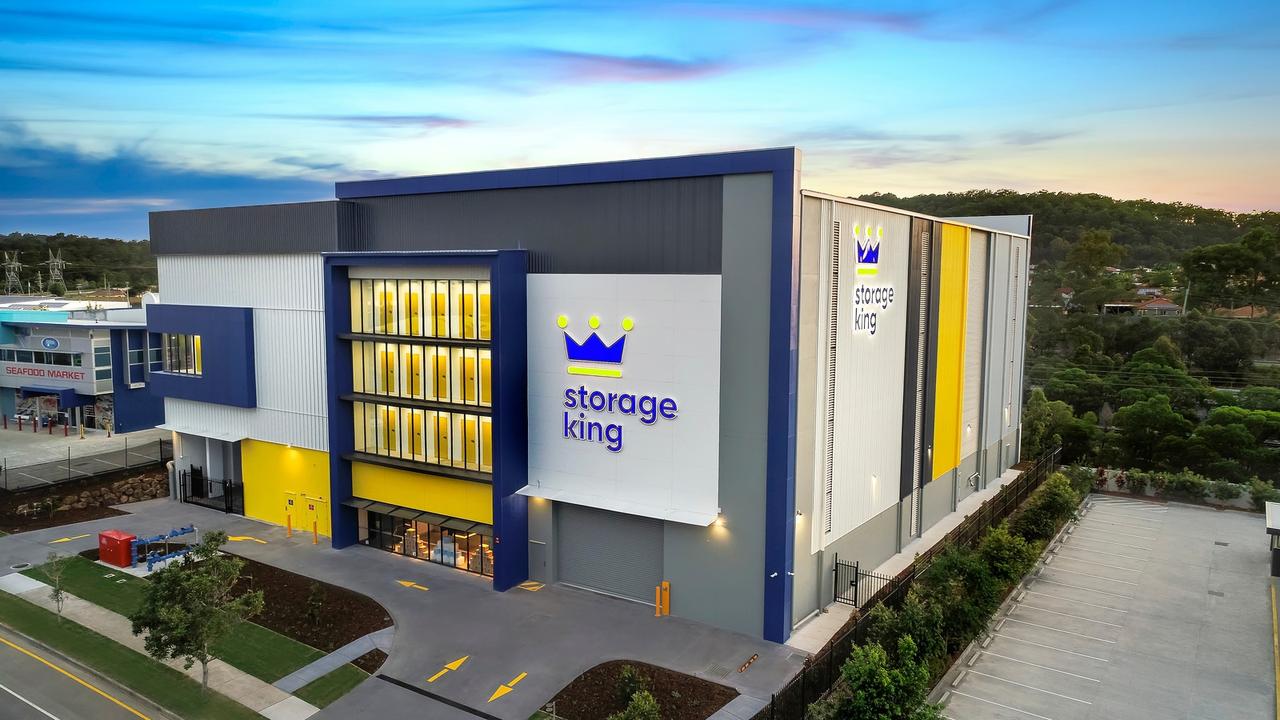
Private equity funds have set their sights on business-to-business or business-to-government service providers when it comes to acquisitions, and reporting season so far is demonstrating why.
On Tuesday, Resimac revealed that its 12 per cent reduction in its normalised net profit for the first six months of the 2025 financial year to $15m was due to a significant increase in collective provisioning, particularly within the asset finance business.
Resimac’s asset finance arm focuses on new equipment, loans to commercial finance brokers and new car loans for consumers.
During the period, the asset finance portfolio experienced an increase in arrears and recorded net write-offs of $6.5m compared to $2.9m in the previous period.
Resimac said it had raised provisioning for coverage for both the home loans and asset finance businesses from $46.1m to $54.3m, up 18 per cent.
Meanwhile, shares in Bendigo Bank fell about 15 per cent on Monday as its net margins were squeezed from 1.94 per cent to 1.88 per cent for the six month period, with higher cost deposits and increased wholesale funding costs.
Net profit fell to $216.8m for the six months to December compared to $282.3m for the previous corresponding period.
In contrast, shares in Judo Bank – which lends mostly to small business – closed 8.5 per cent higher. Its net profit for the first six months of the year was 70 per cent higher than in the previous corresponding period to $40.9m.
What both banks had in common is that they had changed their chief executives in the past year, with Richard Fennell replacing Marnie Baker and Chris Bayliss replacing Joseph Healy.
Bendigo mostly generates its income from mortgages, but has struggled to compete with the larger Australian banks, while Judo was exposed more to business.
A rate cut by the Reserve Bank was announced on Tuesday. RBA governor Michele Bullock said higher interest rates had been working as expected in slowing economic activity and curbing inflation, but the strength of the jobs market had been surprising.
Companies that sell directly to consumer face political pressure not to raise prices.
Retailers are reporting that January was the worst month for some time for consumer spending.
Corporates expect to make additional cost reductions in the months ahead, and rising unemployment could hurt consumer-facing companies.






To join the conversation, please log in. Don't have an account? Register
Join the conversation, you are commenting as Logout